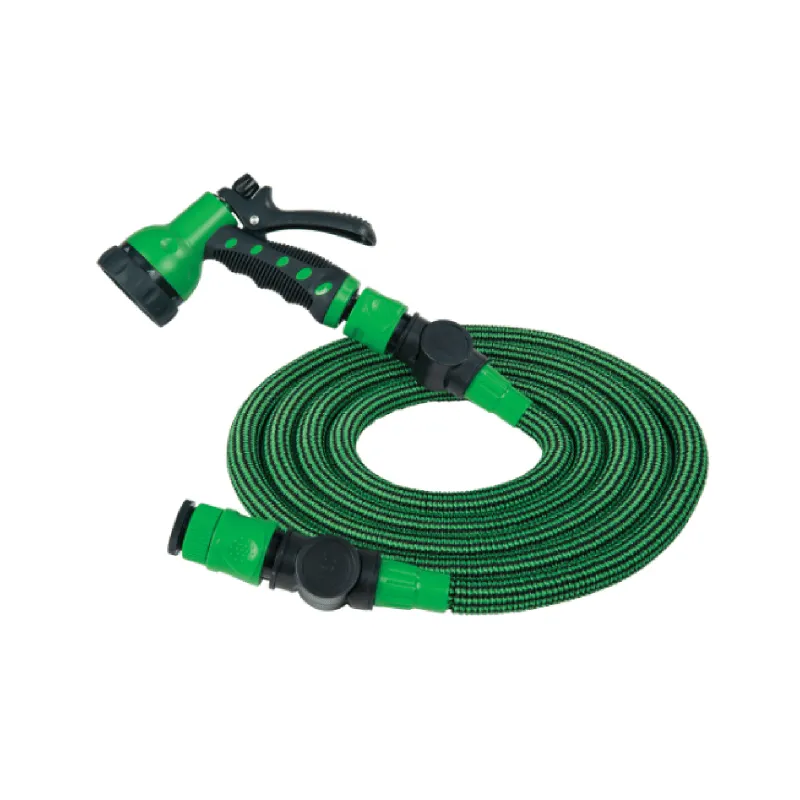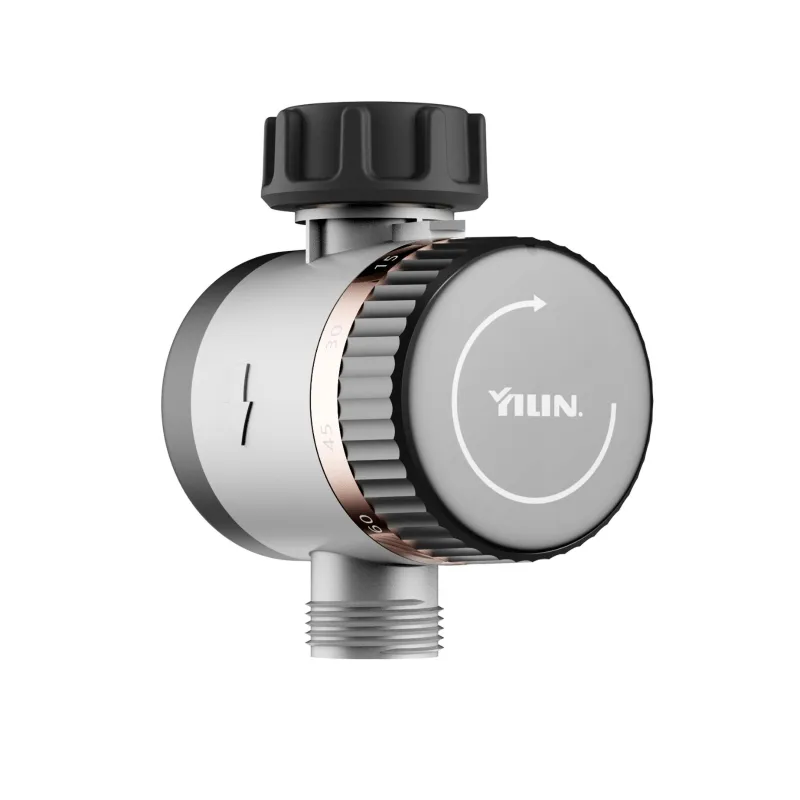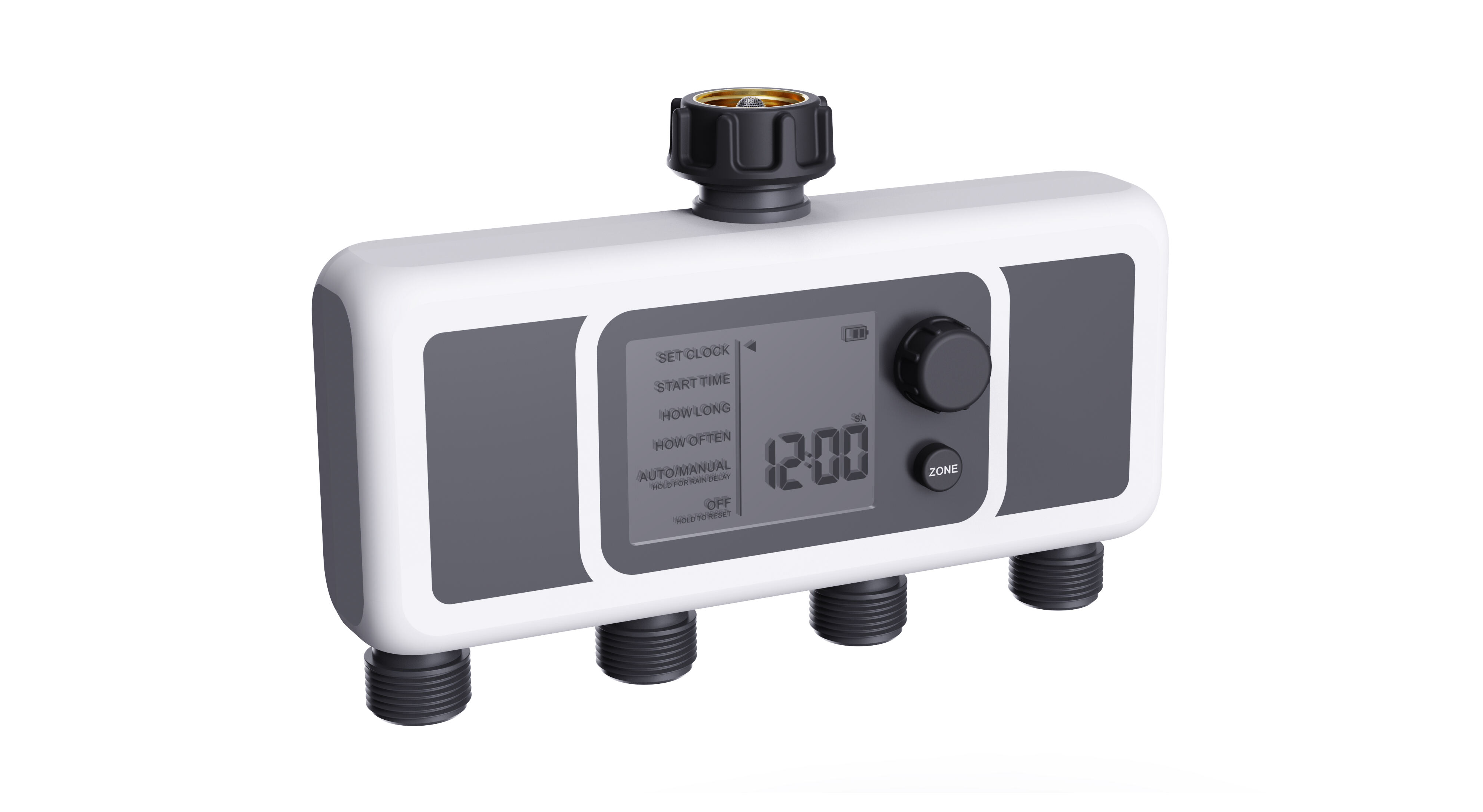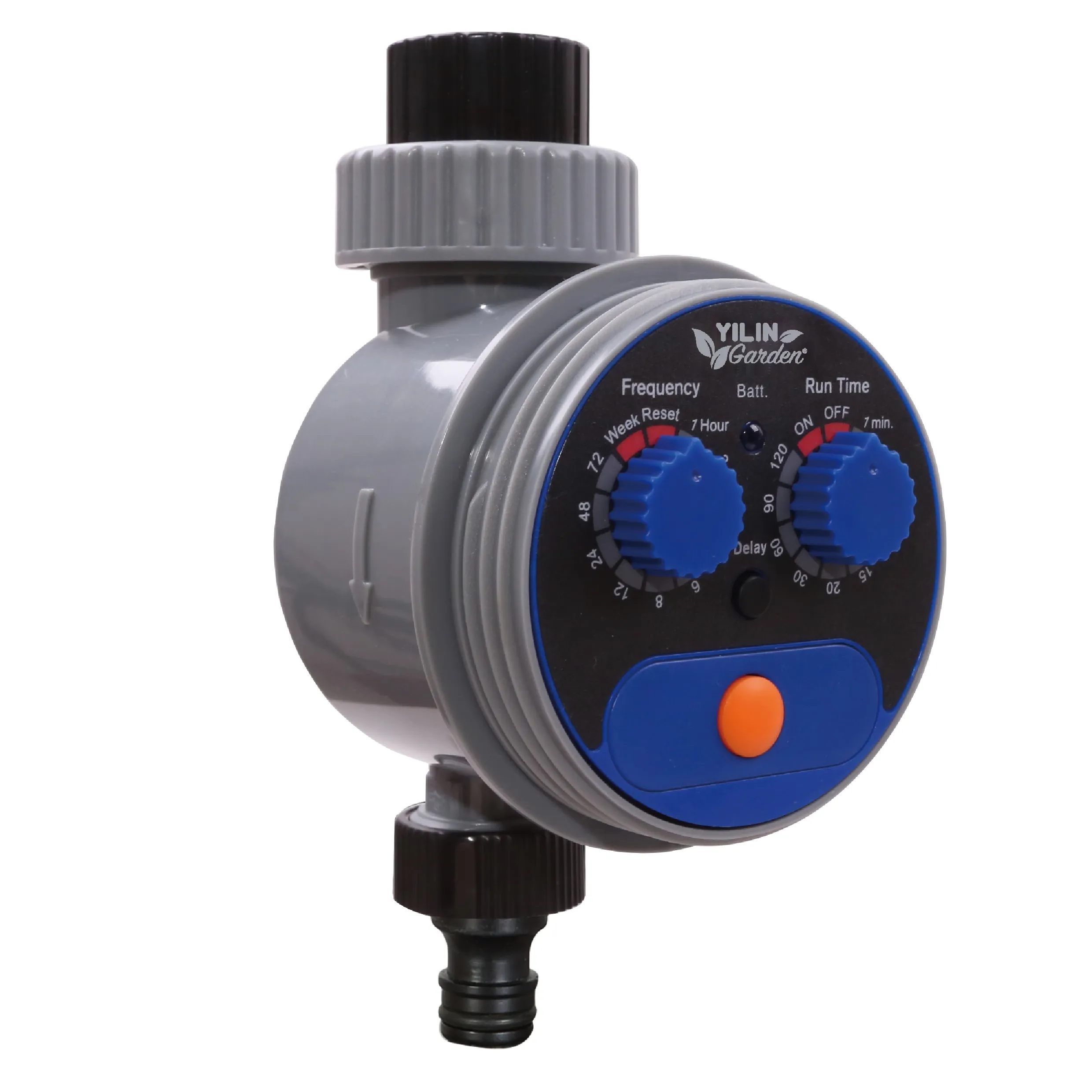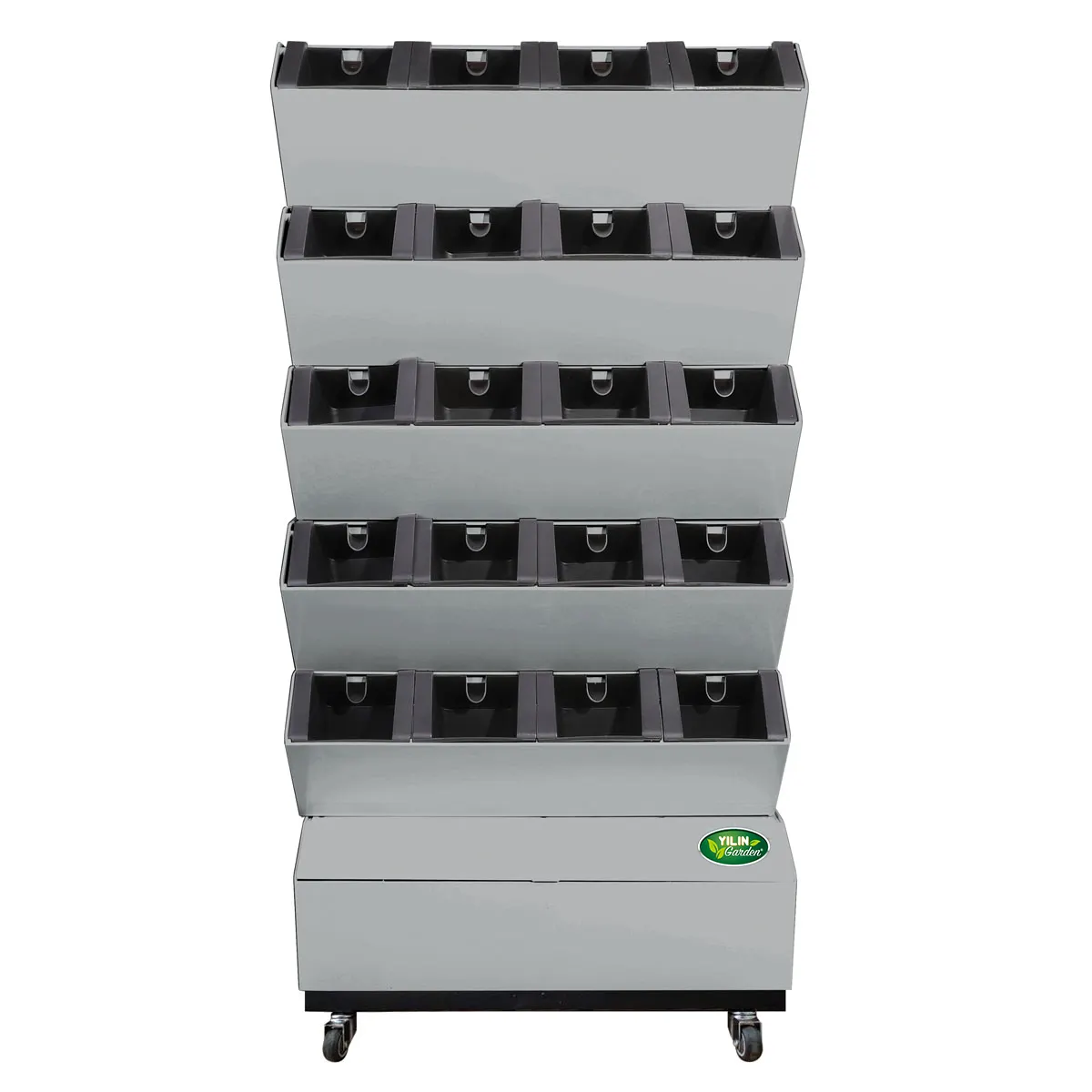watersaving agricultural irrigation
Watersaving agricultural irrigation represents a cutting-edge approach to modern farming that optimizes water usage while maintaining or improving crop yields. This innovative system combines advanced sensor technology, precise water delivery mechanisms, and smart control systems to revolutionize traditional irrigation methods. The system utilizes soil moisture sensors, weather monitoring stations, and automated controls to determine exactly when and how much water crops need. It incorporates various technologies such as drip irrigation, micro-sprinklers, and subsurface irrigation methods that deliver water directly to plant root zones, minimizing evaporation and runoff. The system can be programmed to operate based on real-time data, considering factors such as soil type, crop requirements, growth stage, and environmental conditions. Additionally, it features sophisticated monitoring capabilities that track water usage, system performance, and crop health, allowing farmers to make data-driven decisions. These systems can be integrated with existing farm management software and can be controlled remotely through mobile devices, making it easier for farmers to manage their irrigation schedules efficiently.





